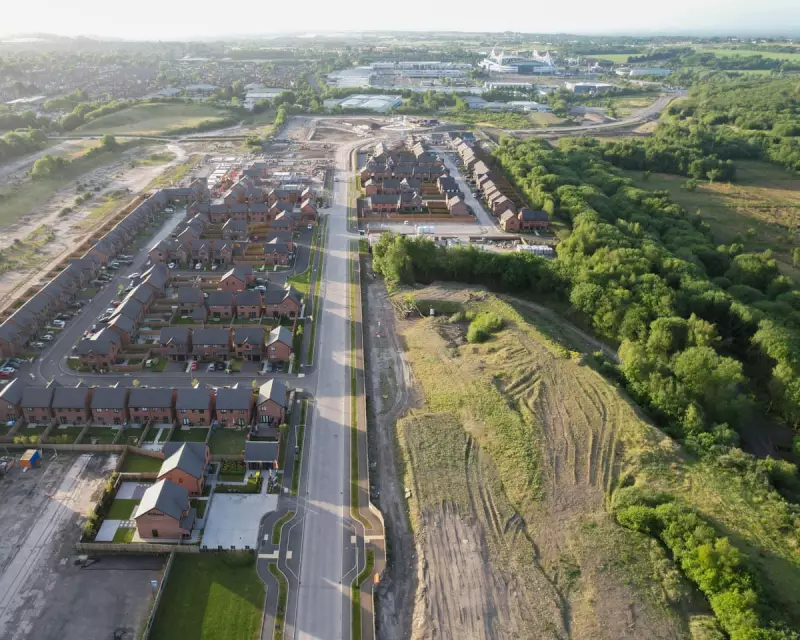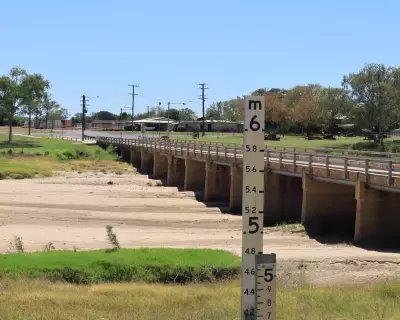
A powerful cross-party committee of MPs has delivered a stark challenge to the UK government, asserting that protecting nature is not an impediment to solving the housing crisis. The Environmental Audit Committee's report directly counters claims from ministers that environmental regulations are a primary blocker to building new homes.
Scapegoating Nature: A 'Lazy Narrative'
The inquiry, which focused on environmental sustainability and housing growth, identified what it calls a 'lazy narrative' being promoted by government ministers. This narrative frames wildlife protection and environmental rules as inconvenient obstacles to delivering much-needed housing.
Toby Perkins, the Labour MP who chairs the committee, stated that nature is being used as a scapegoat. He emphasised that a healthy environment is not a barrier but is, in fact, necessary for building resilient towns and neighbourhoods that can withstand future challenges, including those linked to climate change.
The Real Obstacles to Housebuilding
The report pinpoints a different set of critical issues that threaten the government's ambitious target of building 1.5 million homes by the end of this parliament. It found that severe skills shortages in ecology, planning, and construction are the fundamental problems.
Evidence presented to the committee revealed that staff at Natural England are 'stretched to their limits'. The report concludes that the specialised ecological skills required to successfully implement planning reforms 'simply do not exist at the scale, quality or capacity that is needed'.
This skills gap is particularly concerning as Natural England is poised to take on a major new role within the government's proposed planning system.
Concerns Over the Planning and Infrastructure Bill
The committee expressed significant alarm regarding the Planning and Infrastructure Bill, which is in its final stages before becoming law. Critics, including ecologists and environmental groups, argue the legislation rolls back key environmental protections.
A contentious element of the bill allows developers to sidestep the need for detailed environmental surveys and on-site mitigation for damage by paying into a central national nature recovery fund. This means improvements for nature could be made elsewhere, even if a specific, locally protected wildlife site is destroyed.
The committee raised concerns about a potential conflict of interest for Natural England, which would both regulate developers and oversee this new fund, to which the same developers would contribute.
Despite efforts by some MPs to amend the bill to retain stronger wildlife protections, the Secretary of State for Housing, Steve Reed The MPs' report warns that the legislation, as currently drafted, risks causing the government to miss its legally binding target to halt the decline of nature by 2030 and reverse it by 2042. Achieving the housing targets, the committee insists, requires integrating environmental goals, not sidelining them.





